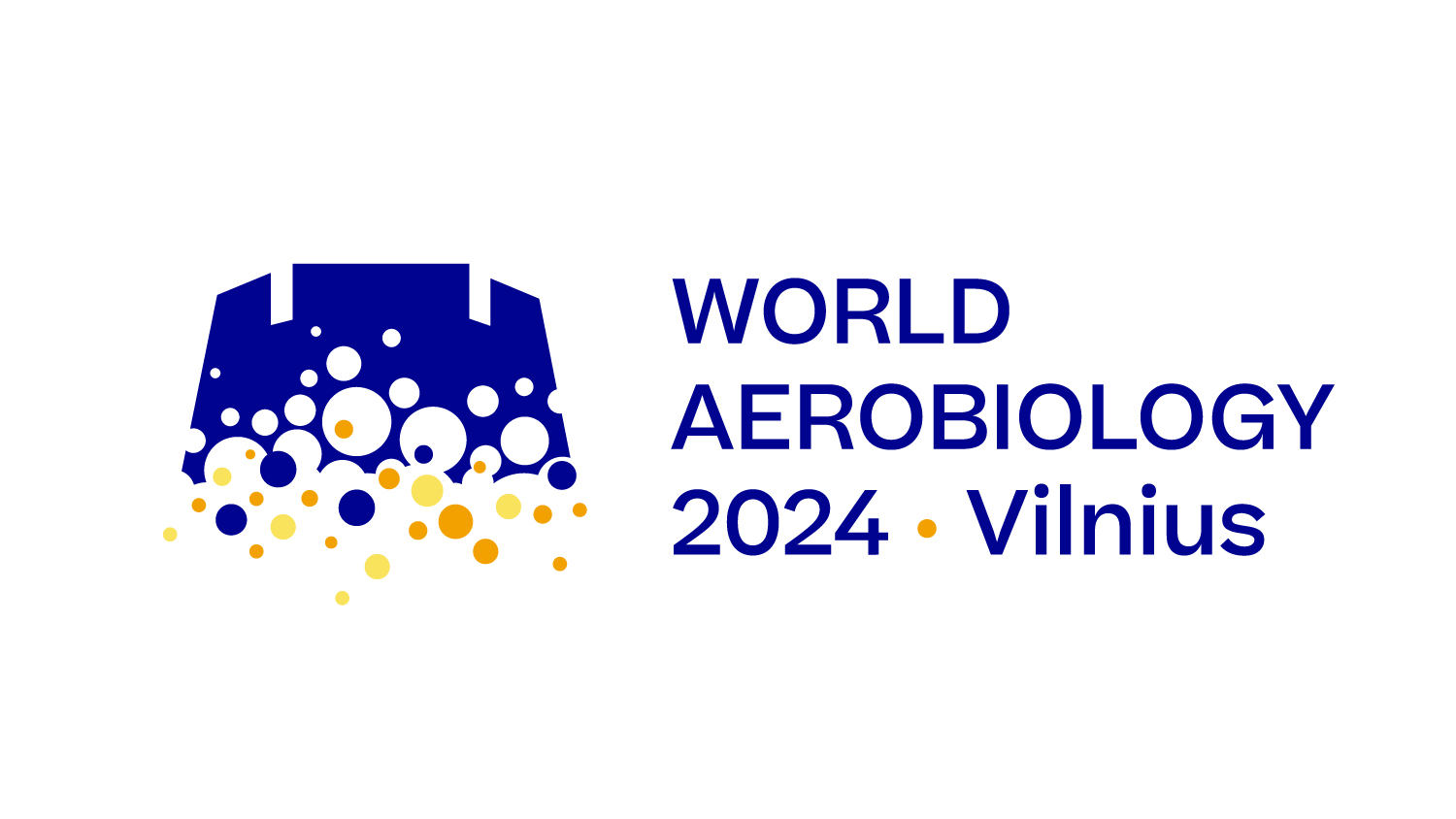Keynote Speakers

Jean Bousquet
TOPIC: Embedding MASK-air (digital health) and SILAM (aerobiology modeling) for optimal control of allergy to pollen
Jean Bousquet, born in 1946,
- Professor of Pulmonary Medicine at Montpellier University, France (1991-2014)
- Professor of Allergology at Charité, Berlin (2016-current)
- Director of the Allergy Programme, Institut Pasteur, Paris (2001-2003)
- Director of the Inserm (Institut de la Santé de et de la Recherche Médicale) U454 “Immunopathology of Asthma” (1992-2007).
- Coordinator of MeDALL (Mechanisms of the Development of Allergy), FP7 Integrated Project (2010-2014, FP7 success story).
- Chairman of the Allergen Standardization Committee (1990-1997), International Union of Immunological Societies (IUIS) and World Health Organization (WHO)
- Chairman of GINA (Global Initiative for Asthma: 1999-2000), National Heart, Lung and Blood Institute (NIH) and WHO)
- Founder and chairman ARIA (Allergic Rhinitis and its Impact on Asthma in collaboration with WHO (1999-current).
- Founder and chairman of the WHO Global Alliance against Chronic Respiratory Diseases (GARD, 2006-2013)
- Co-chair of the Reference Collaborative Site Network of the European Innovative Partnership on Active and Healthy Ageing (EIP on AHA (DG Santé and DG CONNECT, 2016-current).
Jean Bousquet has always combined his research, clinical and public health interests. He performed translational research from a clinical observation in his clinic, to the assessment of the disease burden (epidemiology), the understanding the mechanisms, the implementation of the results to populations developing guidelines, national or international programs and the deployment of the results with the EU or WHO. His research initially focused on allergens and immunotherapy (1980s) was then directed towards asthma (1990). He confirmed inflammation in asthma (1990) proposed and demonstrated the concept of airways remodelling in asthma (1992). He was a pioneer in allergy multimorbidity (1999) and proposed a new definition for IgE-mediated diseases (2015). He is now interested in the digital transformation of health with DG CONNECT and DG Santé, air pollution (POLLAR: Impact of air pollution in asthma and rhinitis, EIT Health), Planetary Health and more recently on COVID-19.
Jean Bousquet
- Has edited and authored 10 books including one allergy textbook.
- Has been author or co-author of over 950 peer-reviewed papers posted in Medline.
- His H factor (Clarivate) is 130. Three papers (first author) are cited over 2,000 times and 6 others over 1,000 times (2 as first author).
- He was listed as the most influential author in asthma (2018) and has published 5 or the 22 best cited papers in asthma (among the 190,000 papers published between 1960 to 2017, Qu et al, Respir Med, 2018, 137: 206-212).
- He was listed as one of the 800 most cited authors in all scientific fields among over 6.6 million researchers (Iaonidis et al, PLoS Biol. 2020 Oct 16;18(10):e3000918)
He was the editor of European Respiratory Review and Allergy (second ranking journal in the field, 2003-2009, IF: 6.2). He is the editor of Clinical Translational Allergy (no IF in 2016, IF 2020: 5.1).
